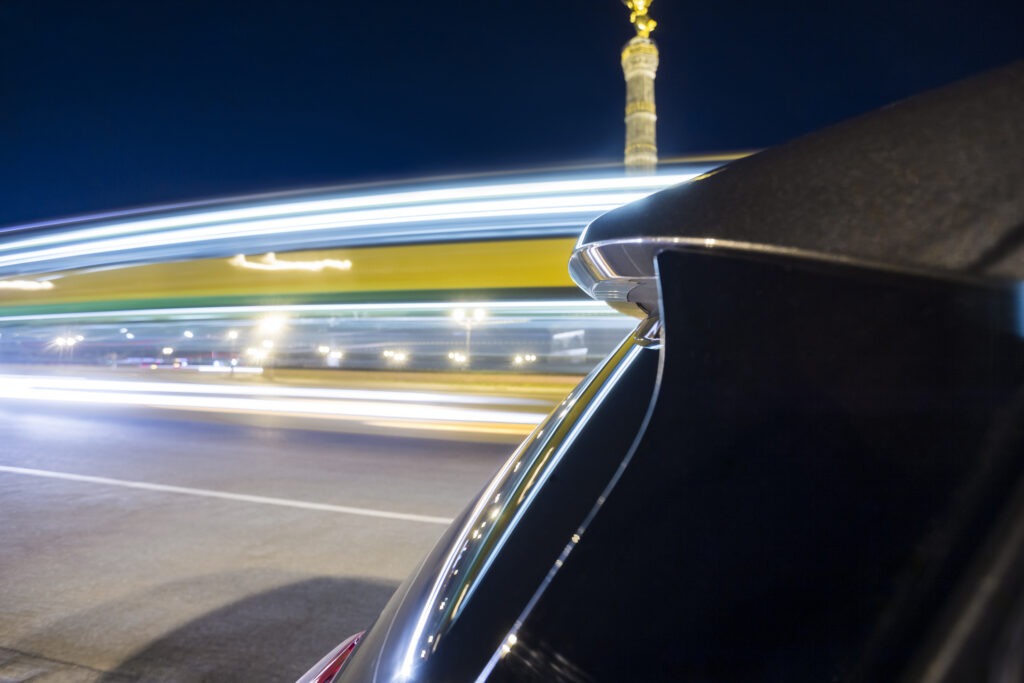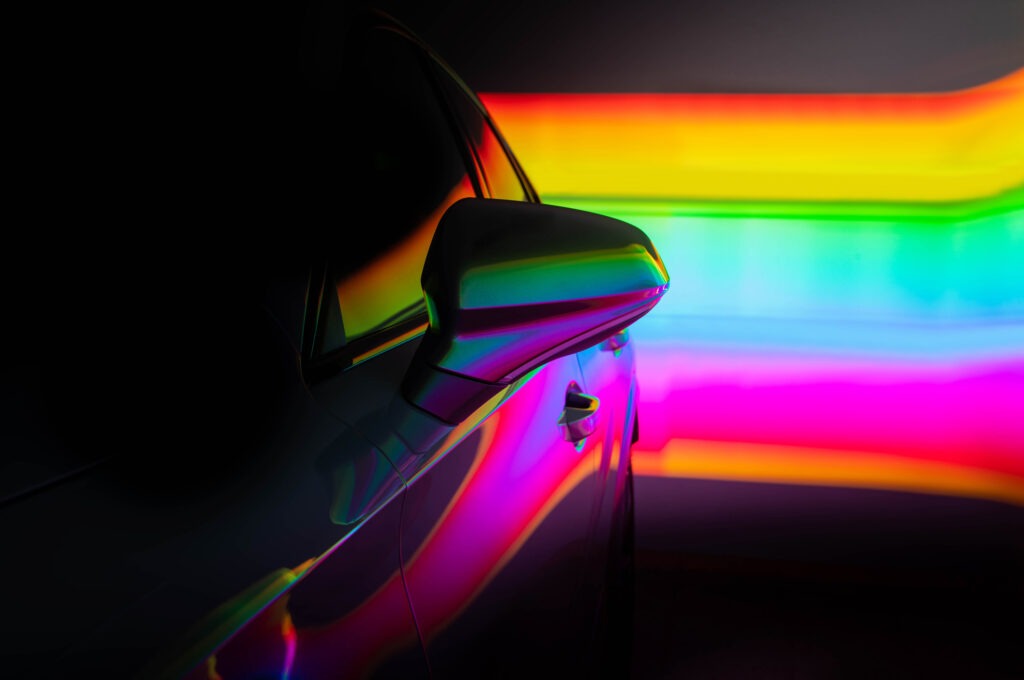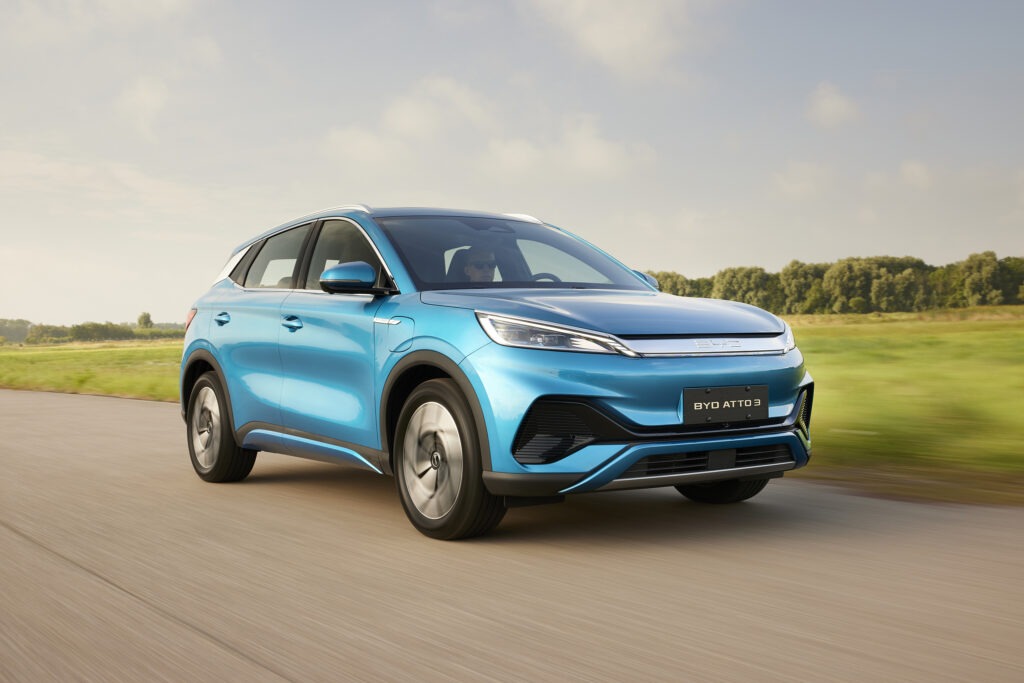Germany sees BEV boom in August as Tesla and VW Group fill top spots
24 October 2023

The German new-car market grew 37% year on year in August, with battery-electric vehicles (BEVs) leading the way, up 169%. José Pontes, data director at EV-volumes.com, breaks down this growth by models, brands and manufacturers.
A total of 86,649 BEVs were registered in August (32% of the new-car market), the second-best result in the country’s new-car market history. While impressive, this was mostly the result of company car BEV subsidies ending on 1 September, and the subsequent pull forward of registrations by businesses to take advantage of incentives.
Meanwhile, plug-in hybrids (PHEVs) recorded 14,552 registrations, accounting for 5.3% of the total market. This was approximately half the share the powertrain secured a year ago. This performance meant BEVs represented 86% of all electric vehicle (EV) sales in August, 9% above this year’s average.
In total, EVs made up 37% of the German new-car market in August, pulling the overall market share from the first eight months of the year to 24%. BEVs alone took 19% of registrations in this period. With registrations continuing to grow, EVs could represent between 25% and 30% of the market by the end of this year.
Records aplenty
Highlighting the impact of the incentives rush in August, every model in Germany’s top 20 EV registrations table was a BEV. However, none of the top three models were close to achieving record results in the month.
As August was not a peak quarter month for Tesla, the 4,795 deliveries recorded by the Model Y were not surprising. However, the performances of the Volkswagen (VW) ID.3 in second and the VW ID.4 in third, were disappointing. This was further illustrated by the record achievements of the fourth-place Cupra Born and the fifth-place Skoda Enyaq. The former recorded 3,478 units while the latter hit 3,345 units.
Stellantis also performed well in August and managed to place three models in the top 10. While the Fiat 500e is a regular top seller, the seventh-place Opel Corsa EV and Opel Mokka EV in 10th were surprise guests, no doubt connected to August’s EV company car surge.
Within the lower half of the table, several domestic compact crossovers reached new heights. This included the Audi Q4 e-Tron (2,265 units) in 11th, the Mercedes-Benz EQA (2,182 units) in 14th, the VW ID.5 (2,083 units) in 16th, and the BMW iX1 (2,036 units) in 17th. It appears Audi, BMW, and Mercedes-Benz are betting on compact crossovers to pull their sales up.
Elsewhere, Kia also had a great month, with the 15th-place EV6 registering 2,156 units and the Niro hitting a record 1,833 registrations (1,810 of which were BEVs), although this was not enough for the model to place in the top 20. Although taking the last slot in the chart, the Mini Cooper EV achieved a record result with 1,910 units delivered, with the model likely benefitting from the surge of volume hitting the market.
Another highlight of this disruptive month was the record success of two Chinese models. The 12th-place ORA Funky Cat hit 2,207 registrations, while the 19th-place BYD Atto 3 scored 1,985 registrations. Adding these two vehicles to the other two made-in-China models in the table (the Dacia Spring and Tesla Model 3), 20% of the German new EV top 20 came from China.
Outside the top 20, the Jeep Avenger EV registered a record 1,608 deliveries. The model is showing enough potential to enter the main table and is easily the best-selling small crossover in the Stellantis stable. Another positive surprise was the Citroen e-C4 EV, which scored a record 647 registrations, an impressive result for the hatchback crossover.
The MG4 continued to make progress, scoring a record 1,840 registrations. Meanwhile, the new Smart #1 registered a record 1,795 units and the BMW iX3 had its best-ever result of 996 registrations. Hyundai’s Ioniq 6 also recorded a record monthly score of 1,411 registrations, and Toyota profited from peak demand in Germany, with the bZ4X marking its best-ever result of 908 registrations.
Looking at full-size models, the Mercedes-Benz EQE scored a record 798 registrations. However, this was not enough to beat the Audi Q8 e-Tron (905 registrations in August). Finally, the VW ID.Buzz crossed into four-digit territory for the first time in August, with 1,023 registrations.
VW Group fills spots
In the January to August rankings, the Tesla Model Y remained in the top spot, with a 14,000-unit advantage over the second-place VW ID.4. This is a disruptive performance from a non-domestic model in Germany — in both the EV sector and the mainstream market.
VW Group placed five models (the VW ID.3, VW ID.4, Skoda Enyaq, Audi Q4 e-Tron, and Cupra Born) in the top seven positions. The Skoda Enyaq surpassed the Audi Q4 e-Tron to rise to fifth. The Cupra Born continued its upward trajectory, jumping two positions to seventh.
Elsewhere, the Mini Cooper EV rose one place to 11th, and the VW ID.5 moved up to 15th. The Dacia Spring surged seven spots to 13th. The runner-up in its category, the Smart Fortwo EV, was just 145 units above it in 11th. The Opel Corsa EV returned to the table in 20th thanks to a surprisingly good August.
A year ago, there were six PHEVs in the top 20 table, but now the tally is down to just one, with the 17th-place Mercedes-Benz C-Class holding firm. However, should its rivals continue to increase their registrations, the chart could soon become a BEV-only affair.
German brands lead
VW kept the top spot in August’s brand ranking. This was despite disappointing results from the ID.3 and ID.4, seeing its market share drop to 12.3%. Mercedes-Benz (11%) came second, gaining some precious ground over Tesla which fell to a 10.1% share in third.
BMW (7.3%) stayed in fourth, maintaining its distance over fifth-place Audi (6.9%). Interestingly, all of the makes in the top five lost market share, with brands below profiting. That includes rising Hyundai (5.1%) in sixth, with good performances from the Kona EV, the Ioniq 5 and Ioniq 6.
Looking at the ranking by OEM, with brands brought together under parent companies, VW Group had its domestic market well in hand with a 28% share. It was followed at a distance by second-place Mercedes-Benz (13.6%), with the recent uptick in Smart deliveries not enough to counteract the drop in PHEV sales.
Stellantis benefitted from a strong month, reaching third. Climbing to a 12.4% share in August, thanks to surging sales from Opel, Jeep, and Citroen as well as solid results from Peugeot and Fiat. This allowed Stellantis to surpass off-peak Tesla (10.1%).
In fifth, BMW Group took a 9.4% share. Below this, Hyundai Motor Group (8.5%, up from 7.7%) rose to sixth, edging closer to a top-five position. This was thanks to positive performances from both Hyundai and Kia.



